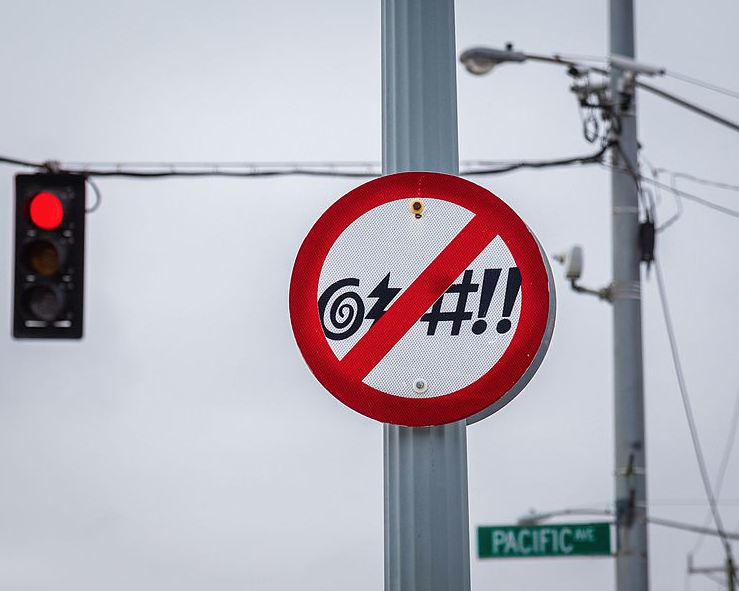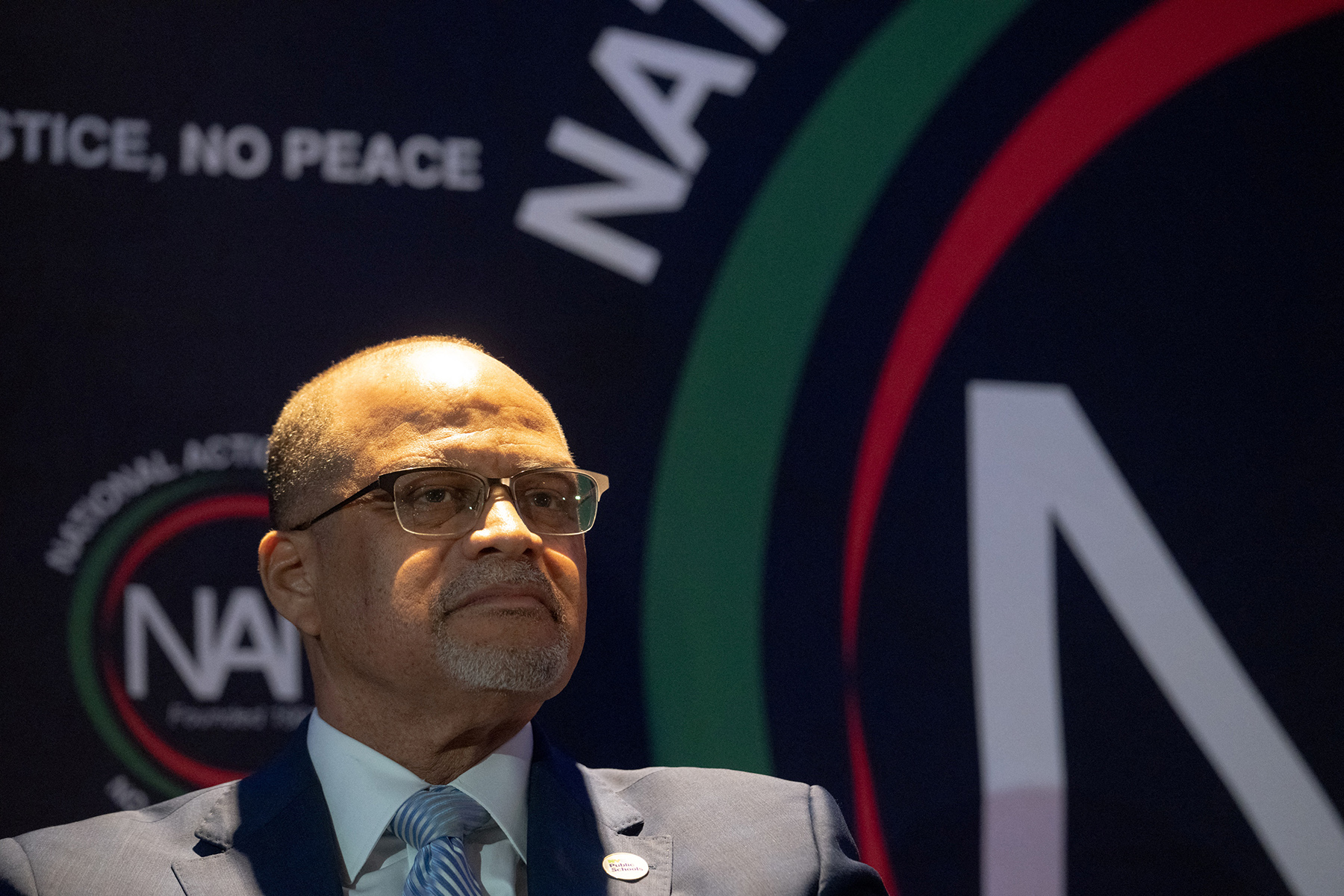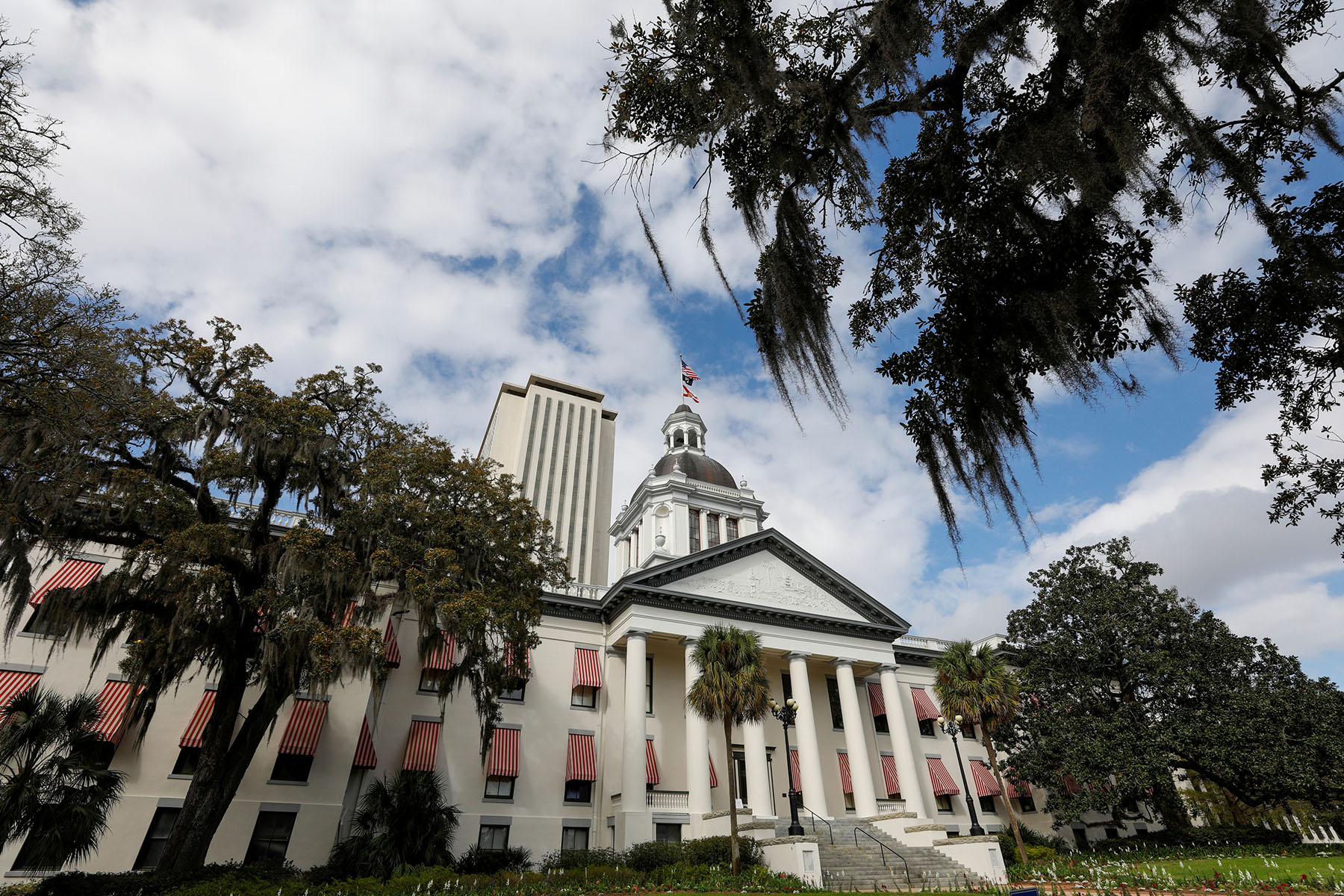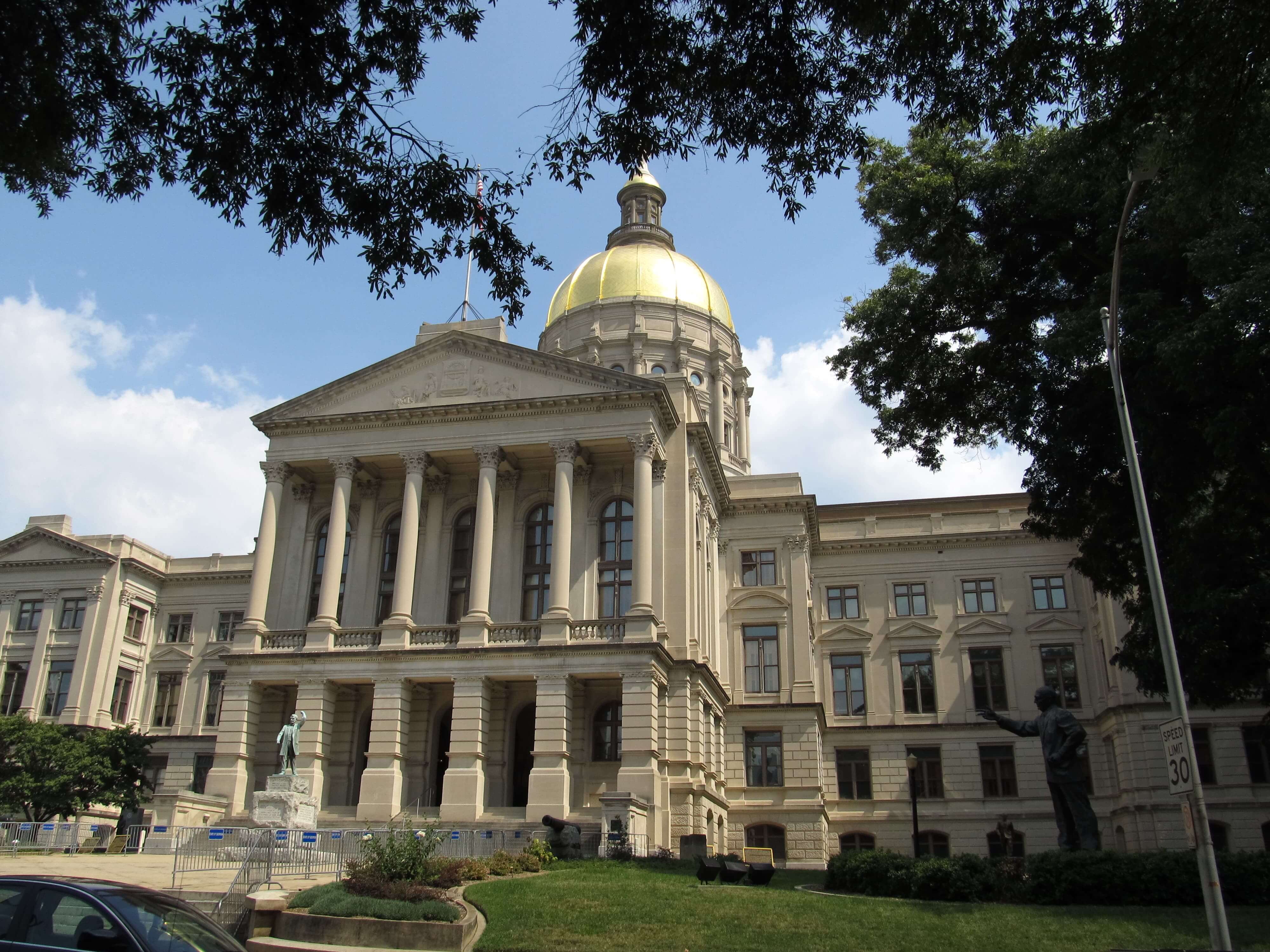The Virginia House of Delegates and Senate have voted to repeal an old prohibition against cursing in public.
The Virginia code dates back to George Washington’s 1776 “Order Against Profanity” which was used to keep soldiers from engaging in “the foolish and wicked practice of profane cursing and swearing.”
Del. Michael J. Webert, a cattle farmer who is serving his fifth term, has been pushing the state to repeal the provision for a few years now. In 2017, he told The Washington Post that his goal was to “protect free speech and shrink a bloated state code.”
“When you’re working [with] cows and a 1,400-pound animal doesn’t do what you want it to, or steps on your feet, every once in a while something colorful comes out of your mouth,” Webert told the Post.
Virginia isn’t the only state with laws against public profanity. In Mississippi, a person can face up to 30 days of jail time for using “vulgar and indecent language… in the presence of two (2) or more persons.”
In Cohen v. California (1971), the U.S. Supreme Court severely restricted the states’ ability to regulate speech in order to maintain public civility. The case involved a man who was arrested for wearing a jacket with the words “Fuck the Draft. Stop the War” in a Los Angeles courthouse. Writing for the majority, Justice John Marshall Harlan wrote that “one man’s vulgarity is another’s lyric.”
The Virginia repeal bill still needs the governor’s signature before becoming law.
Photo taken from Wikimedia Commons.
Tags




